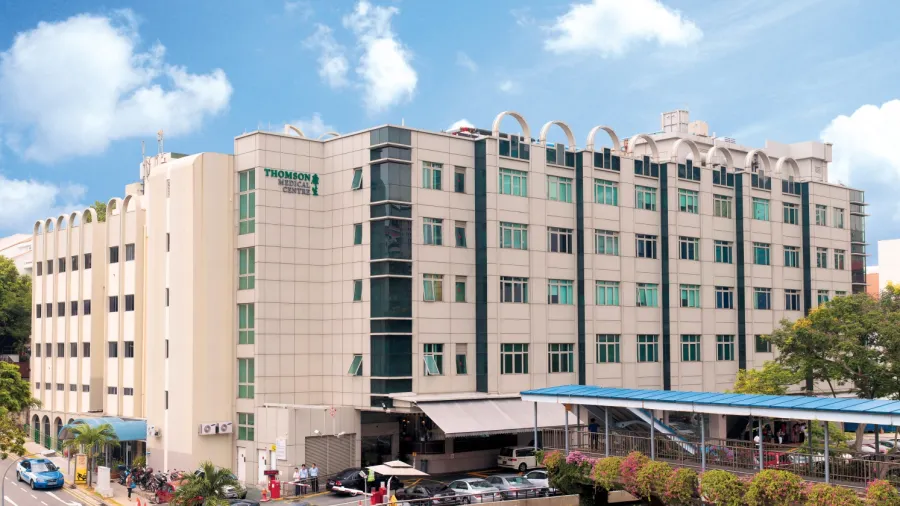
Thomson Medical to open second fertility hub
The Singapore-based hospital operator has upgraded its hardware to meet patient needs.
Thomson Medical Centre plans to launch a second fertility centre in Singapore in the latter half of 2025 amidst strong local and international demand due to changing views on family planning and improved reproductive technology.
“The upcoming Thomson Fertility Centre will allow us to serve those seeking support better,” Jack Ng, chief operating officer at Thomson Medical Group Ltd., told Healthcare Asia in an emailed reply to questions.
“We will explore artificial intelligence (AI) in assisted reproduction technology procedures and strengthen our existing network of fertility services,” he added.
Singapore’s family planning policy has shifted in recent decades from population control through its “Stop-at-Two” campaign to one that encourages couples to have more children to reverse declining birth rates and promote larger families among financially stable couples.
The shift is often referred to as the “Have-Three-or-More (if you can afford it)” campaign that started in 1987.
The listed private hospital operator, which specialises in gynaecology and in vitro fertilisation, also offers intrauterine insemination. “There’s also elective egg freezing for women who want to take control of their fertility.”
The group also operates Thomson Chinese Medicine clinics, which complement fertility and holistic wellness with an “east meets west approach,” Ng said.
Thomson Medical Group, which operates in Singapore, Malaysia and Vietnam, posted a net loss of $9.5m (S$12.6m) in the first half ended 31 December 2024, a reversal of its $3.6m (S$4.9m) net income a year earlier.
The company attributed the net loss to challenges in the Malaysian market, increased interest expenses after acquiring Far East Medical Vietnam Ltd., and the cessation of noncore transitional care facilities in Singapore.
Ng said the hospital has broadened its expertise to orthopaedics, ophthalmology, and oncology. “We have also grown our ambulatory care services in tandem with the broader national healthcare agenda in Singapore.”
Earlier this year, Thomson Medical Centre performed its first wireless endoscopic decompression of the lumbar spine, a minimally invasive procedure that uses a tiny, flexible camera to treat spinal conditions.
“Plans for the latter part of the year also include clinical solutions to support cancer patients undergoing chemotherapy and surgery,” Ng said. “Our focus of diversifying medical specialities is centred around the healthcare needs of a family.”
The hospital, which opened in Singapore in 1979, started its digital shift with the launch of the Thomson Touch app late last year.
The app streamlines patient services such as admissions, all from the convenience of patients’ smartphones. Payments and bill management can also be handled on the app.
Information such as doctor profiles and maternity bill estimates are also on the app, whilst appointment-making and hospital maternity tours can be booked through it, Ng said.
The COO said Thomson Medical has invested in medical hardware upgrades, particularly in its radiology department. “We have added a new MRI (magnetic resonance imaging) machine in our renovated MRI Centre, allowing us to better meet patient needs.”
"Completing this support network is our Thomson Fetal Assessment Unit, offering fetal diagnostic services like detailed ultrasound scans under one roof,” he added.

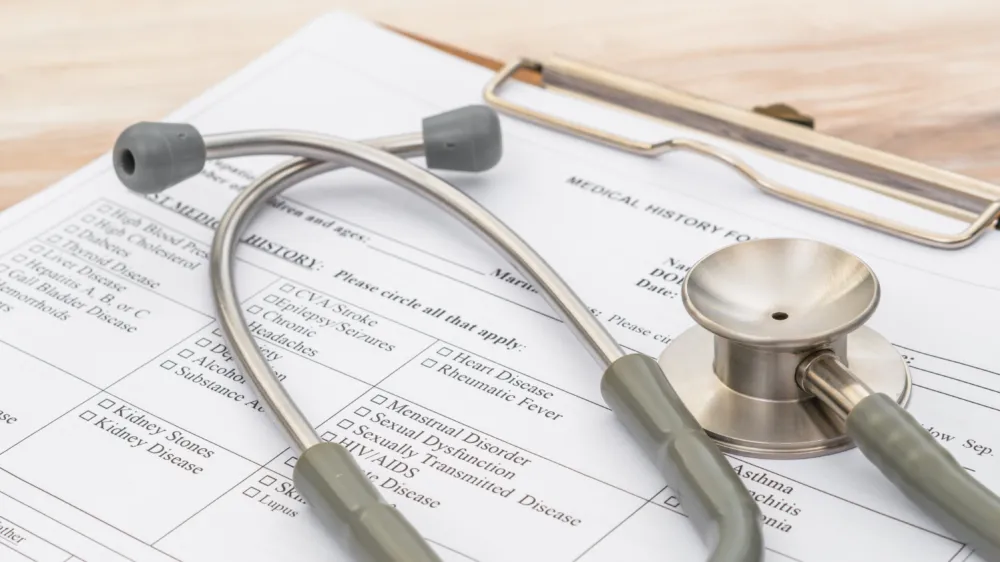
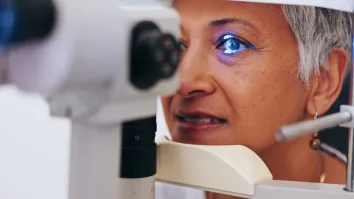
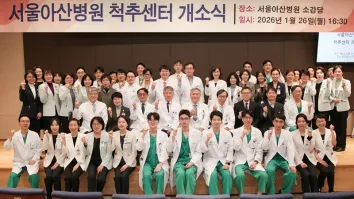
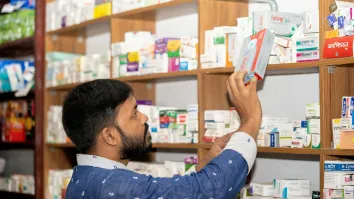














 Advertise
Advertise







